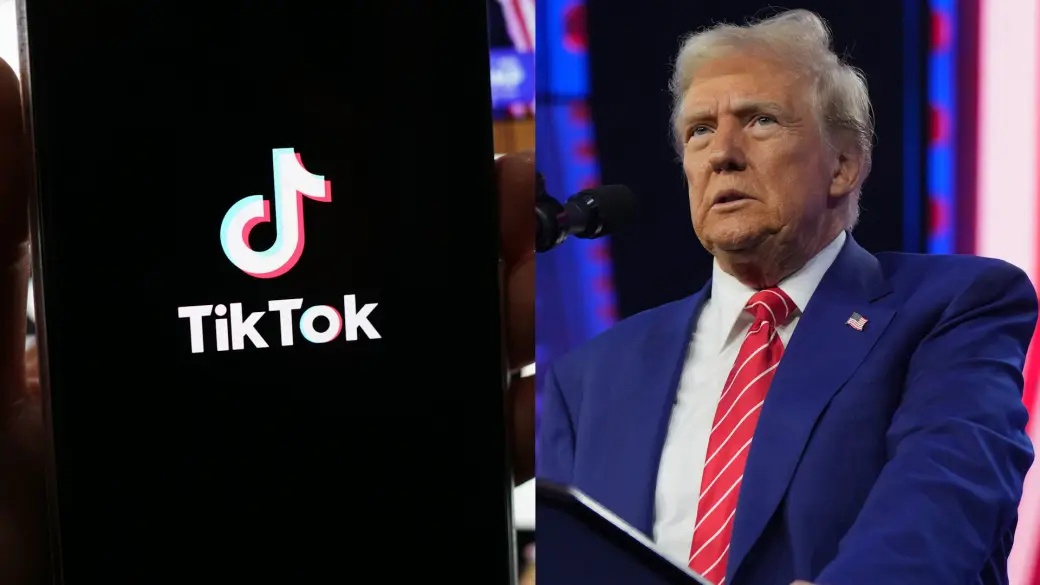
The US Justice Department insists that the Supreme Court deny Trump’s request to postpone the TikTok ban
Citing significant national security threats, the US DOJ has requested the Supreme Court to deny Trump’s plea to postpone his TikTok ban.
The Supreme Court has been persuaded by the US Department of Justice (DOJ) to deny President-elect Donald Trump’s request to postpone the enforcement of a legislation that would have required the divestment or outright prohibition of the well-known social media app TikTok until January 19, 2025.
The law, which was approved in April, requires ByteDance, the Chinese parent company of TikTok, to sell up its US operations in order to reduce the national security threats that the app’s massive data collecting poses. Should they not comply, TikTok would be prohibited in the US.
The DOJ contended in its brief that ByteDance had not shown that its legal challenge to the statute would be successful. The DOJ said that “no one contests China’s efforts to erode US interests by gathering sensitive information about Americans and participating in clandestine and malicious influence operations.”
With reference to TikTok’s capacity to gather private information from its 170 million US users, the department also cautioned that ByteDance’s ownership of the app poses “a grave threat to national security.”
TikTok refrained from commenting on the issue right away.
In a brief submitted last week, President-elect Trump asked the Supreme Court to postpone the law’s January 19 deadline, claiming that his incoming government should have more time to work on a political solution.
According to Trump’s attorney, D. John Sauer, “The president-elect respectfully requests that the Court consider staying the Act’s deadline… thus permitting President Trump’s incoming administration to pursue a political resolution of the questions at issue in the case.”
Trump’s position is a reversal of his 2020 presidential campaign, when he attempted to outlaw TikTok and compel its sale to American corporations because of its Chinese ownership.
TikTok said that the legislation violates the First Amendment of the US Constitution and asked the Supreme Court to ban it on Friday.
The business implied that TikTok was singled banned for its content rather than its data methods when it said that Congress singled it out without outlawing other Chinese-owned applications like Shein or Temu.
New TikTok downloads from the Apple and Google app stores will be banned if the bill is not stopped by January 19.
Initially, current users could still access the app, but as businesses were prohibited from offering updates or maintenance, services would deteriorate over time, eventually rendering the platform unusable.
If President Joe Biden certifies that ByteDance is making significant progress on selling off TikTok’s U.S. assets, he might extend the deadline by ninety days.
On January 10, the Supreme Court is expected to hear arguments in the case.
All Categories
Recent Posts
Tags
+13162306000
zoneyetu@yahoo.com


